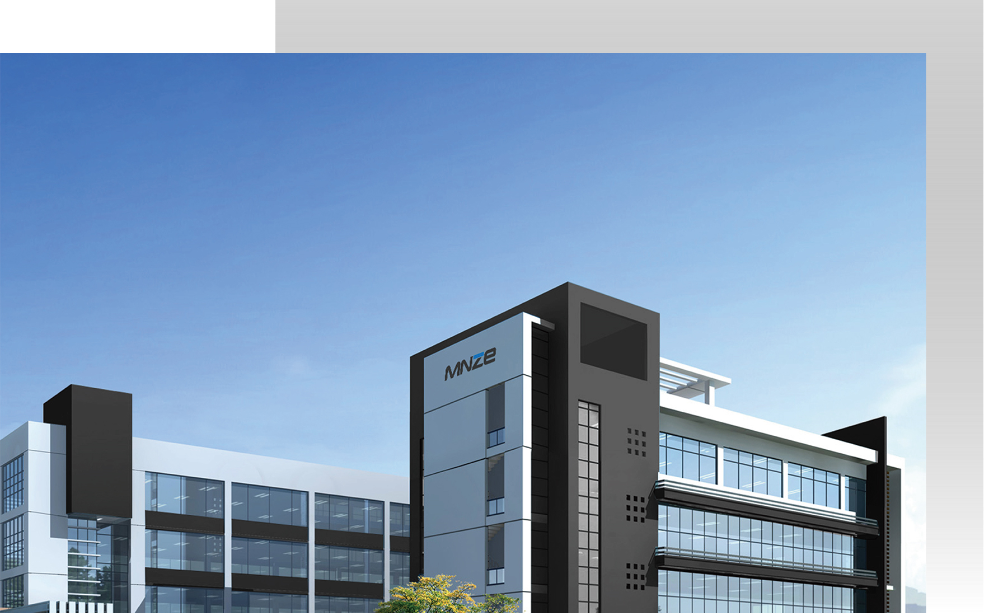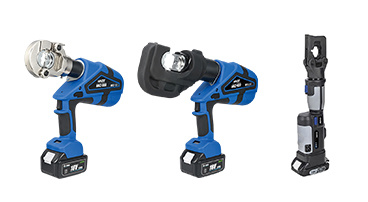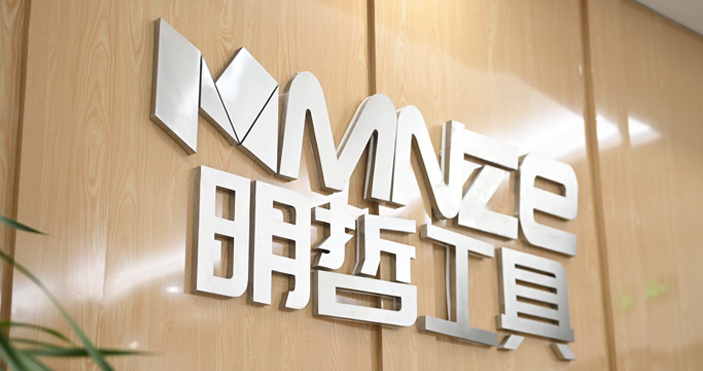19
2023
-
04
Forming of Elastomer Materials and Epoxy Resin Rubber Plastic Products
Author:
Elastic Resin Molding (ERM) is a new technology application that emerged in Europe and America in the 1980s. It uses flexible material (open cell polyurethane foam) as the core plate and penetrates into the epoxy resin paste. This kind of foam containing epoxy resin paste is left in the middle of the well formed ERM raw materials. Foam plastic reduces the relative density of goods made by ERM, and improves the impact strength and stiffness, so it can be regarded as a composite structure goods formed by pressing.
ERM, like SMC, is a molded block rubber plastic product, but it has a composite structure and therefore has better characteristics than SMC:
Lightweight: ERM is more than 30% lighter than products made of felt and SMC;
The specific stiffness of ERM products is better than that of products made of SMC, aluminum, and steel;
High impact strength: Under the same content of reinforcing materials, the impact strength of ERM is much higher than that of SMC;
High physical and mechanical properties: under the same content of reinforcing materials, the physical and mechanical properties of ERM products are better than those of SMC products;
Low investment cost: The ERM molding unit is simpler than the SMC unit, and the molding pressure of ERM products is about 10 times lower than that of SMC products. Therefore, low tonnage presses and low strength material molds can be used to produce ERM products, thereby reducing construction investment.
Click and drag to move
The production process of ERM products is divided into two whole processes: ERM production and ERM product forming:
ERM production process ERM raw materials are short cut felt, continuous fiber felt Fabric felt and various non-woven fabrics (For example, various thermosetting resins and thermosetting resins made of glass fiber, carbon fiber materials and aramid fiber. The production process is as follows: first, dip the adjusted epoxy resin paste into the opening foaming polyurethane of ERM unit, use a blade to paste the epoxy resin on the foam, use a roller to extrude the epoxy resin paste into the foam hole, and then composite the double-layer foam plastic together. Finally Glass fiber felt or other non-woven fabrics are laid on the left and right sides to make ERM interlayer raw materials, cut into suitable specifications, and stored.
ERM product production process Compared with other thermosetting molding materials (fiberglass cloth or felt prepreg, SMC, etc.), ERM product production process requires curing and forming under hot pressing conditions, but the forming pressure is much smaller than SMC, about 1/10 of SMC forming pressure, ranging from 0.5 to 0.7 MPa.
At present, ERM technology is widely used in the fields of vehicle industrial materials and lightweight engineering building composite materials. Due to the characteristics of sandwich structural materials, ERM is suitable for producing composite components of large structures, various lightweight panels, movable houses, radar covers, doors, etc. The main products of the automotive industry include luggage trailers, rear covers, car dashboard, bumpers, doors, floor panels, etc.
NEWS
Maintenance methods for hydraulic press
2023-04-19








